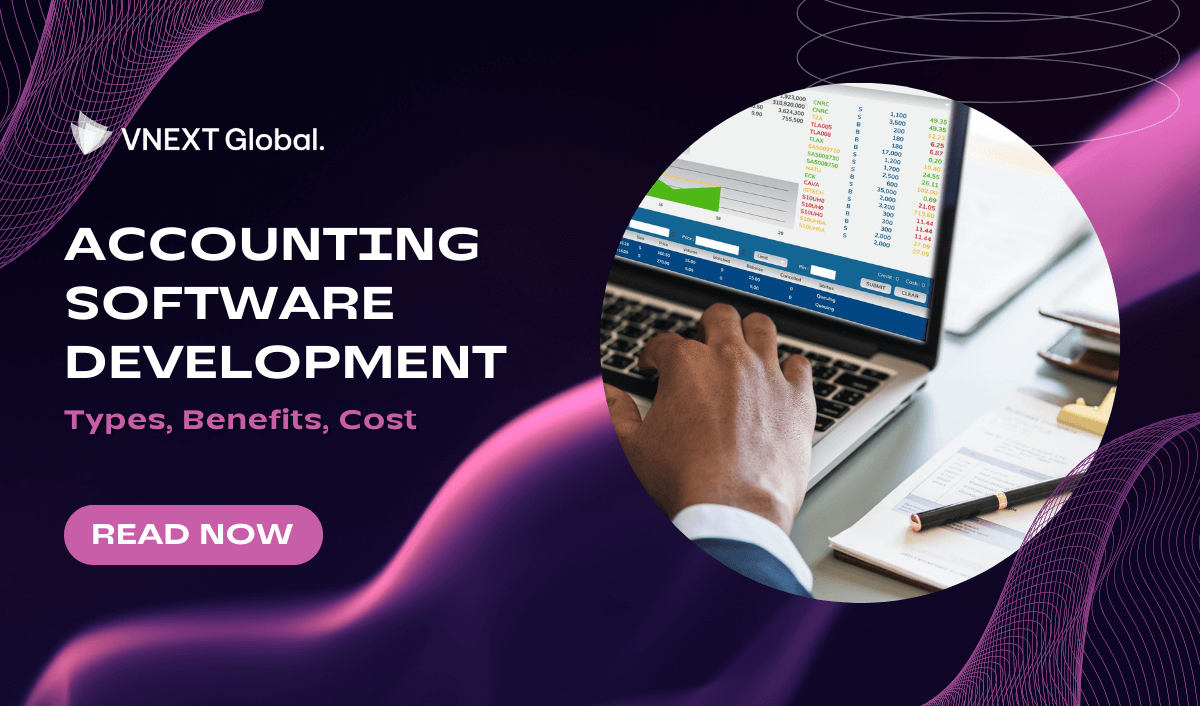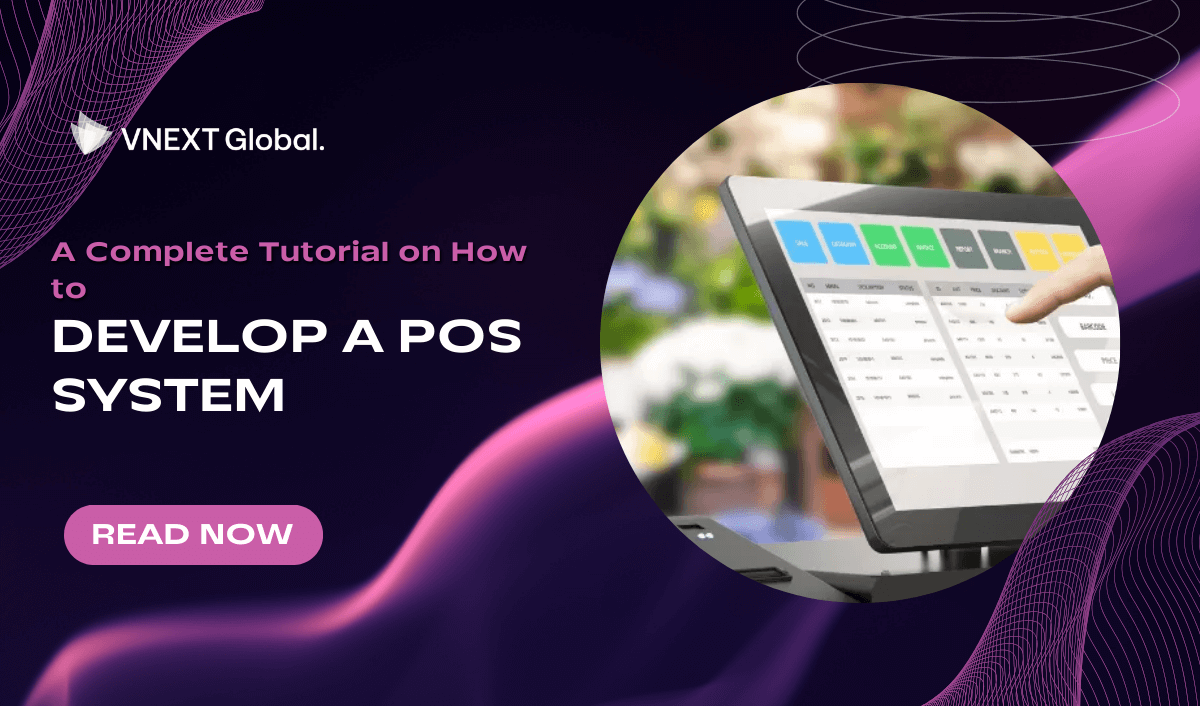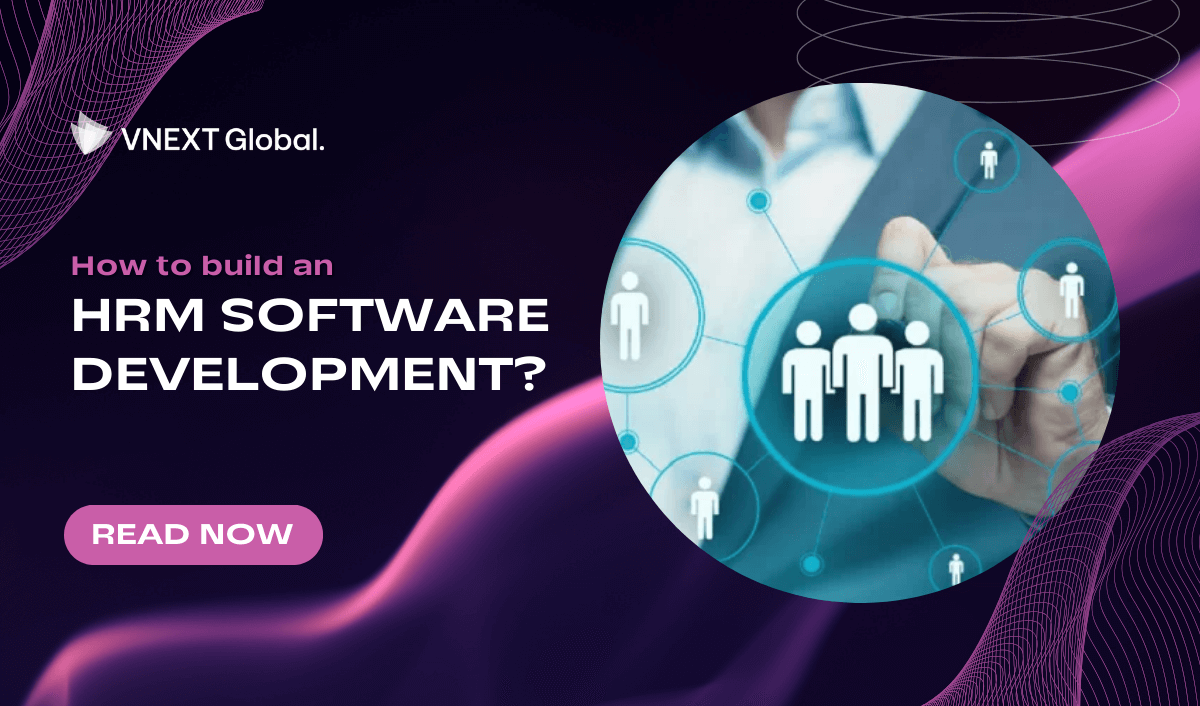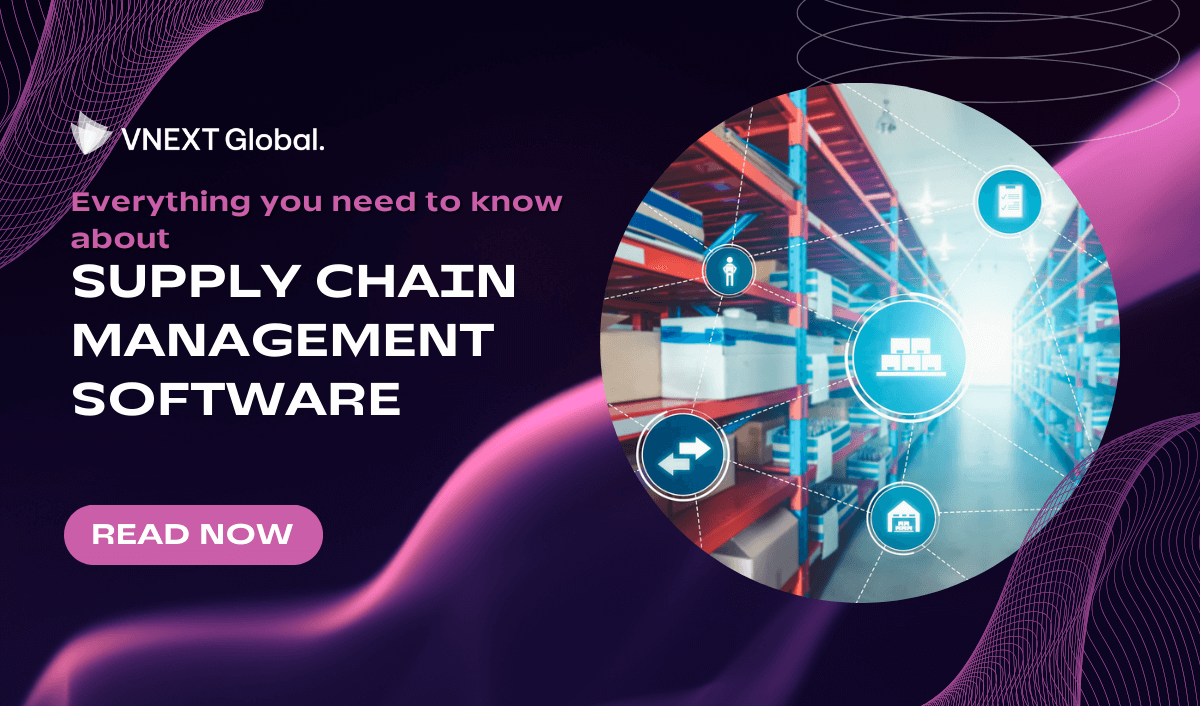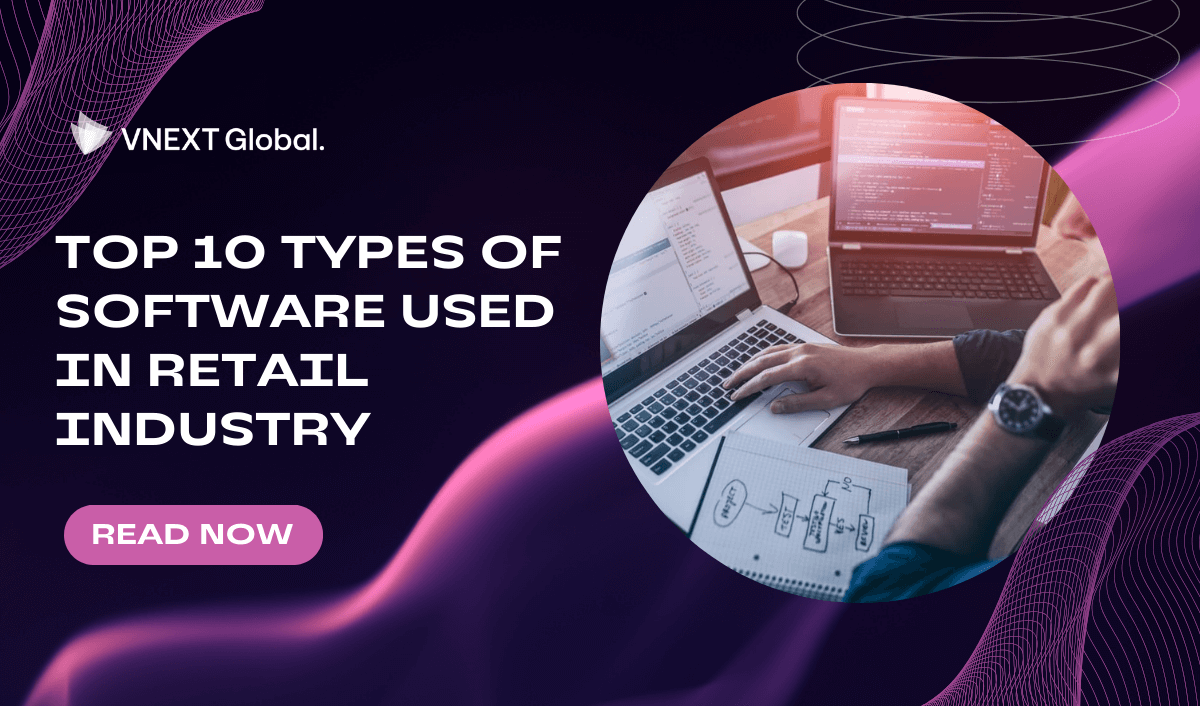Accounting Software Development: Types, Benefits, Cost
There are many accounting software available in the market now to serve complicated demands of businesses. In the point of view of developers, the accounting software development process is complex, and it takes hundreds of hours before completing to create a high-quality product. In this article, we will go through an overview of accounting software development, including types, benefits and costs of the project.
1. Accounting software & its development
Accounting software is a type of software that helps users perform accounting tasks, such as recording transactions, tracking income and expenses, generating reports, and more.
Accounting software development is the process of creating that software solution. Accounting software development can be done in different ways, depending on the type, size, features, functionality, and customization of the software. Some of the common steps involved in accounting software development are:
• Choosing the type of software: This involves deciding whether to use a cloud-based or on-premise software, a subscription-based or one-time license fee model, a generic or specialized software.
• Planning the software requirements: This involves defining the scope, objectives, features, functionality, design, integration, security, testing, deployment, maintenance, and software support.
• Developing: This involves coding the software using programming languages, frameworks, tools, and methodologies suitable for the project.
• Testing: This involves verifying the quality, performance, functionality, usability, security, and compatibility of the software using various testing methods and tools.
• Deploying: This involves installing or launching the software on the target devices or platforms and ensuring its proper functioning and accessibility.
• Maintaining and updating: This involves providing ongoing support and assistance to the users and fixing any bugs or issues that may arise. It also involves adding new features or enhancements to the software as per the user feedback or changing needs.
Next, we will go deeper into the types- benefits- costs of this kind of project.
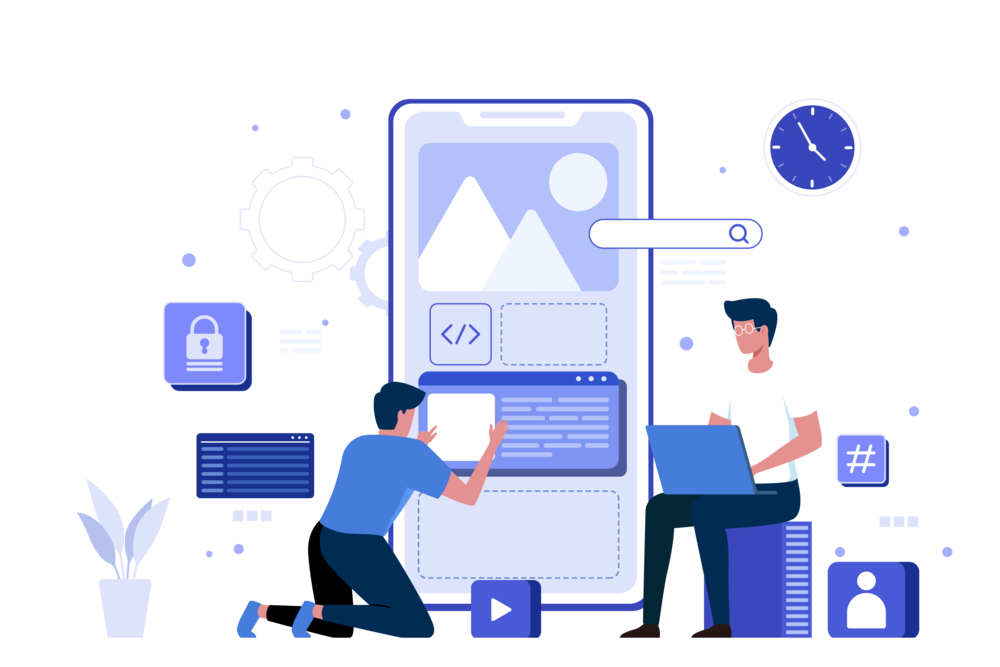
2. Types of accounting software development
There are different types of accounting software development, depending on the purpose, functionality, and customization of the software:
• Commercial off-the-shelf (COTS) software
This is the most common type of accounting software used by many businesses. It is a ready-made solution that can be purchased and installed from a software vendor. It has standard features and reports that can be configured to some extent to suit the needs of the user. It also has multiple layers of error detection and security to prevent incorrect or unauthorized data entry. However, it may not be fully compatible or adaptable to the specific requirements or systems of the business. It may also require recurring fees or subscriptions to use the software or access updates and support. An example of COTS software is Intuit QuickBooks.
• Customized software
This is a type of accounting software that is developed specifically for a particular business or industry. It is designed and built according to the exact needs and preferences of the user. It has unique features and reports that can be integrated with the existing systems and processes of the business. It also gives the user full control and ownership over the software and its data. However, it may require more time and money upfront to develop the software from scratch or hire a software development team. It may also require more maintenance, updates, and troubleshooting from the user or the developer.
• External-use software
This is a type of accounting software that is developed for external customers or users, rather than for internal use by the business. It is intended to generate revenue or provide value to the customers or users who purchase or use the software. It may have different features and functionalities depending on the target market and customer segment. It may also have different pricing and distribution models depending on the business strategy and goals.
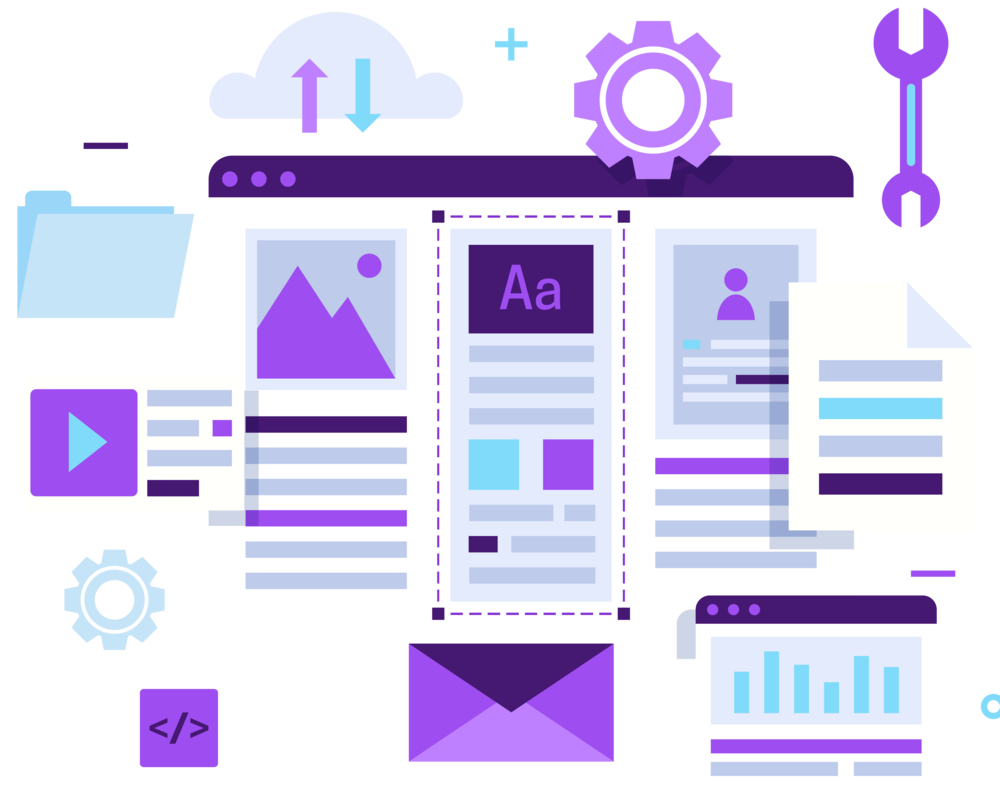
3. Benefits of accounting software development
Some of the benefits of accounting software development are:
• Help organizations to reduce record redundancy, deliver better budgeting and forecasting, and enable thorough and properly categorized expense management.
• Save businesses time and money by automating manual functions, such as creating journal entries, generating financial statements, updating key reports, managing payroll and expenses, and syncing data across different departments.
• Provide access to accounting data at any time, anywhere, and from any device, as long as there is an internet connection. This allows for easier collaboration, faster decision-making, and improved customer service.
• Increase the accuracy and security of accounting data by reducing human errors, detecting frauds, complying with tax regulations, and backing up data regularly.
• Offer diverse application options and customization features that can suit the specific needs and preferences of different organizations and industries.
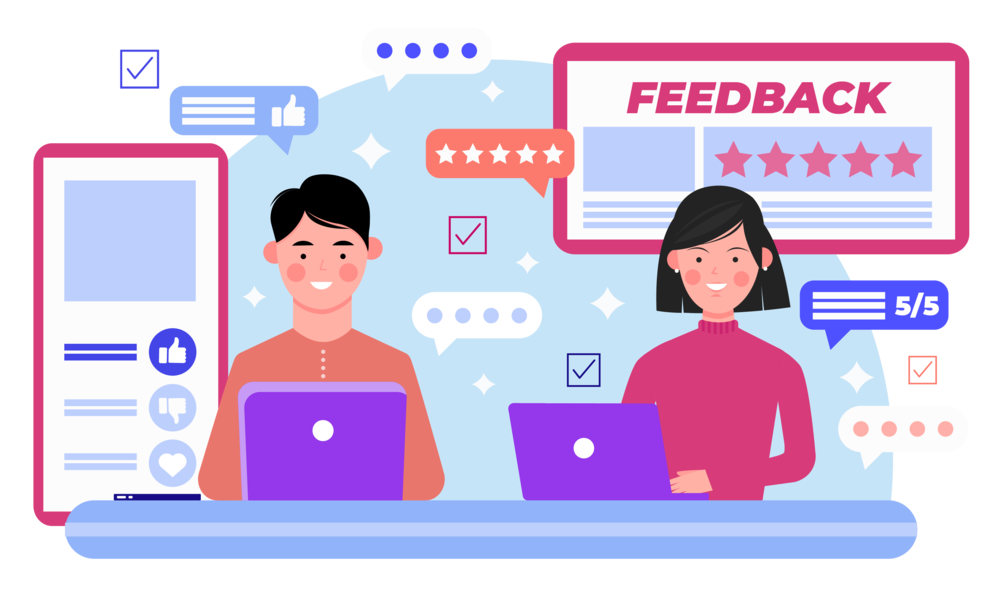
4. Basic costs of accounting software development
The costs of accounting software development can vary depending on many factors, such as the size and complexity of the software, the features and functions required, the development method and tools used, and the accounting standards and regulations followed. Here are some of the main aspects and ranges of the costs of accounting software development:
• Development costs
These are the costs incurred to create, design, code, test, and deploy the accounting software. Development costs can include salaries and benefits of developers, contractors, consultants, and other personnel involved in the software development process, as well as expenses for hardware, software, licenses, cloud services, and other resources used in the development process. Development costs can range from tens of thousands to millions of dollars, depending on the scope and duration of the project, the number and skill level of the developers, and the technology stack and platform chosen. For example, according to Software Development Cost Estimator, a simple accounting software with basic features and functions can cost around $40,000 to develop, while a complex accounting software with advanced features and functions can cost more than $200,000 to develop.
• Capitalization costs
These are the costs that are recognized as an asset rather than an expense in the financial statements of the entity that develops or acquires the accounting software. Capitalization costs can include certain development costs that meet specific criteria for internal-use software or software to be sold, leased, or marketed, as well as acquisition costs of purchased software or software licenses. Capitalization costs can vary depending on the accounting standards and policies adopted by the entity, such as US GAAP or IFRS. For example, under US GAAP, development costs for internal-use software can be capitalized only during the application development stage, while development costs for software to be sold, leased, or marketed can be capitalized only after technological feasibility is established. Under IFRS, development costs for any software can be capitalized only if certain criteria are met, such as technical feasibility, intention and ability to complete and use or sell the software, probable future economic benefits, availability of resources, and reliable measurement of costs.
• Amortization costs
These are the costs that are allocated as an expense over the useful life of the capitalized accounting software in the financial statements of the entity that develops or acquires the accounting software. Amortization costs can vary depending on the amortization method and rate chosen by the entity, as well as the impairment or disposal of the accounting software. For example, under US GAAP, capitalized accounting software is amortized on a straight-line basis over its estimated useful life, which is generally three to five years. Under IFRS, capitalized accounting software is amortized on a systematic basis that reflects its pattern of consumption of economic benefits, which may be straight-line or another method.
There may be other costs and fees such as maintenance costs, upgrade costs, integration costs, customization costs, etc.
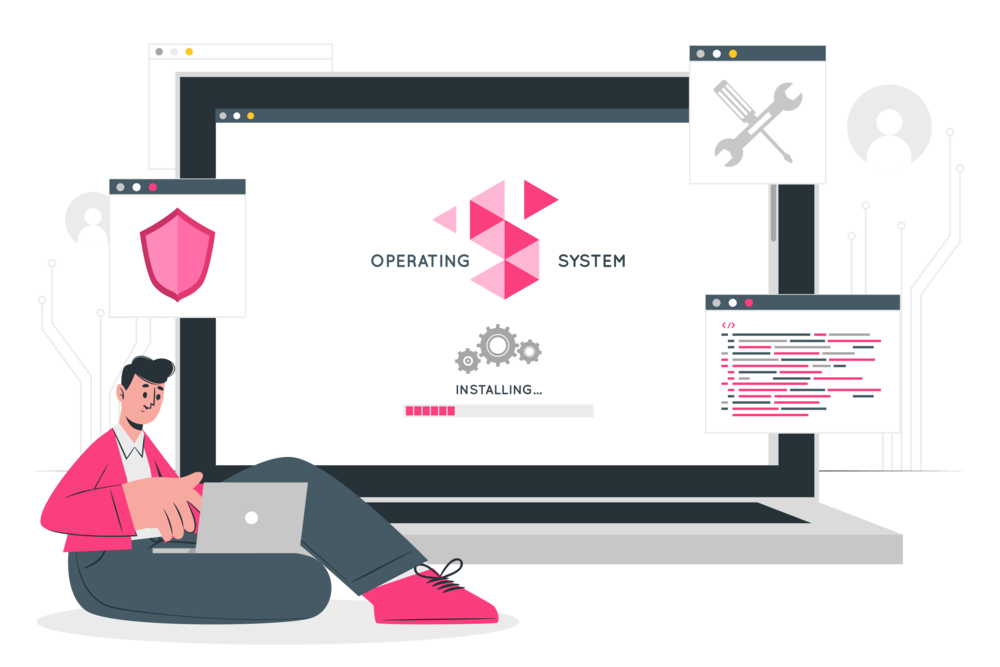
5. Develop an accounting software: In-house or outsourcing?
Both options have their advantages and disadvantages, depending on the specific needs, goals, budget, and resources of the business. Here are some of the main factors to consider when choosing between in-house and outsourcing software development:
• Cost
Developing accounting software in-house can be more expensive than outsourcing it, as it involves hiring, training, and retaining qualified developers, as well as investing in the necessary infrastructure, tools, and licenses. Outsourcing software development can help reduce costs by leveraging the expertise, experience, and resources of an external team that can offer competitive rates and flexible payment models. However, outsourcing can also incur additional costs, such as communication, travel, legal, and quality assurance expenses. Therefore, it is important to compare the total cost of ownership of both options and choose the one that offers the best value for money.
• Time
Developing accounting software in-house can take longer than outsourcing it, as it requires finding, hiring, and managing the right talent, as well as dealing with potential delays, errors, and conflicts. Outsourcing software development can help save time by accessing a ready-made team of skilled developers who can deliver the project faster and more efficiently. However, outsourcing can also pose challenges in terms of coordination, communication, and alignment of expectations and goals. Therefore, it is important to establish clear deadlines, milestones, and feedback mechanisms for both options and choose the one that meets the desired timeline.
• Scalability
Developing accounting software in-house can limit scalability than outsourcing it, as it depends on the availability, capacity, and skills of the in-house team. In-house developers may not be able to handle complex or changing requirements or cope with increasing workloads or demands. Outsourcing software development can enhance scalability by providing access to a large pool of talent and resources that can adapt to different needs and situations. Outsourcing partners can also offer various options for scaling up or down the project scope or team size according to the business needs. Therefore, it is important to assess the current and future needs of the business and choose the option that offers more flexibility and agility.
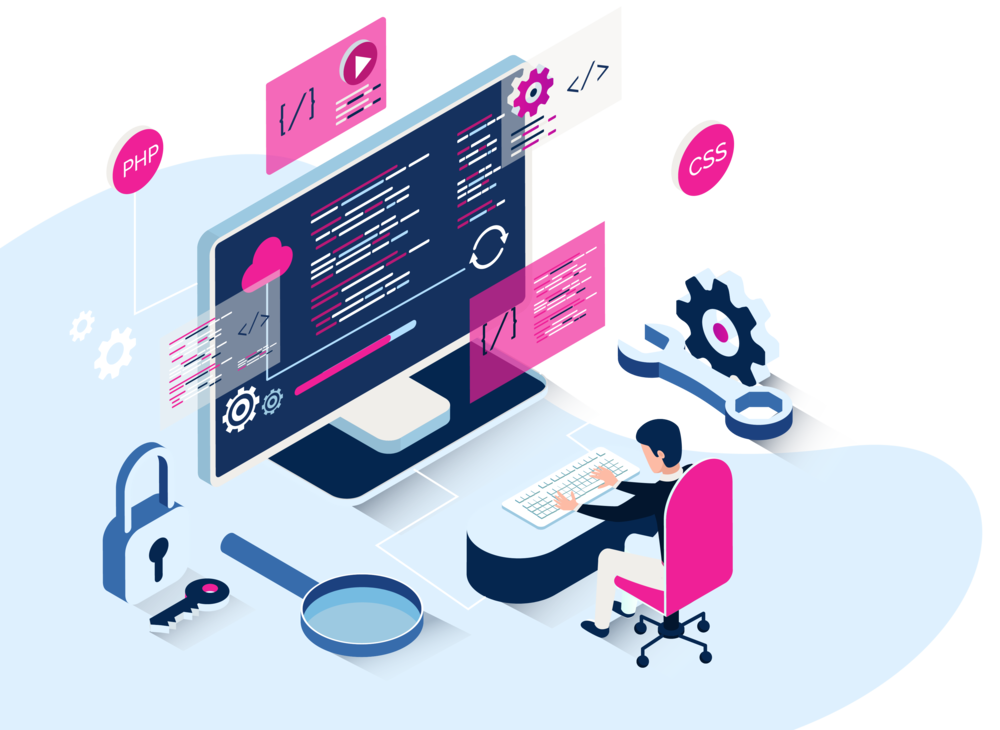
Final Thought:
With the demand for increasingly complex and advanced features, outsourcing accounting software development turns out to be more suitable in terms of several aspects such as cost, time and scalability. With 15 years of experience, VNEXT Global is a trusted accounting software development company. Just leave us an email if you need assistance in Mobile App, Web App, System development in the Finance industry.
If you are looking for a trusted IT partner, VNEXT Global is the ideal choice. With 14+ years of experience, we surely can help you to optimize your business digitalization within a small budget and short time. Currently, we have 400+ IT consultants and developers in Mobile App, Web App, System Development, Blockchain Development and Testing Services. We have provided solutions to 600+ projects in several industries for clients worldwide. We are willing to become a companion on your way to success. Please tell us when is convenient for you to have an online meeting to discuss this further. Have a nice day!

